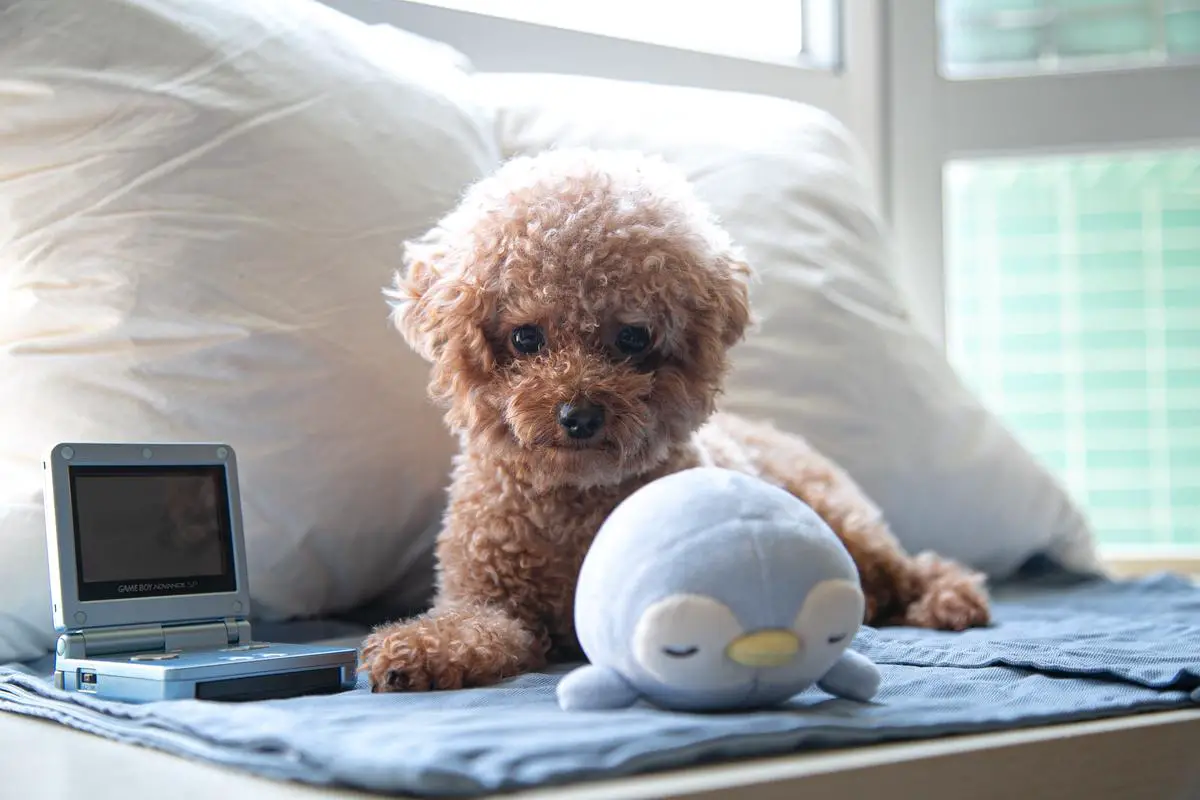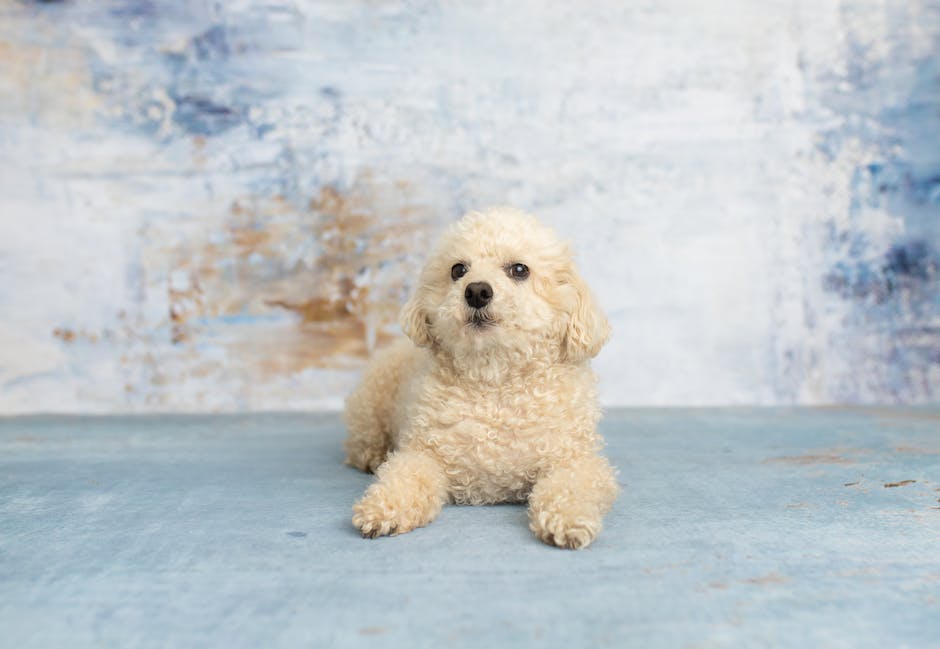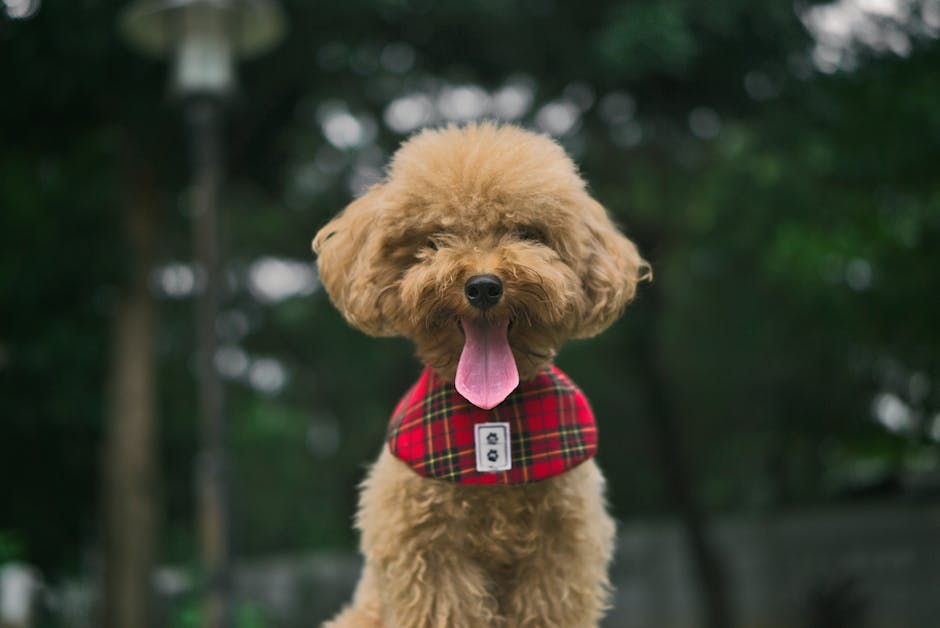Understanding Toy Poodle Characteristics: A Comprehensive Guide
Embroidered into the very tapestry of canine breeds, the Toy Poodle epitomizes a perfect blend of beauty and brains. Effervescent, brainy, and adored for their jaunty gait, Toy Poodles bring a unique spectrum of characteristics, differentiating them from other breeds. As enthusiasts of this remarkable breed, it is imperative to delve into understanding its distinct physical characteristics, behaviors, and health requirements, not just for a balanced relationship but also for its optimal wellbeing. This illuminating exploration begins with a comprehensive overview of their physical traits distinctive in their size, coat texture and color, and other unique physical features, followed by a thorough understanding of their typical behavior and temperament, and concludes with health and care pointers.
Physical Traits of Toy Poodles
Understanding the Size of Toy Poodles
When it comes to understanding the physical traits of toy poodles, size is a crucial characteristic to note. Toy Poodles constitute the smallest subgroup of the poodle breed, typically weighing between 4 to 6 pounds. They stand about 10 inches or less in height at shoulder level, making them compact enough to be classified as toys by the American Kennel Club (AKC). Despite their small size, they are well proportioned with an athletic build that denotes strength and agility.
Coat Texture and Color
The coat type of the Toy Poodle is also another major distinguishing factor. Toy Poodles are known for their dense, curly or corded coat that is naturally hypoallergenic. The coat’s curls are tight and have a soft, woolly texture. What’s more, despite being compact pets, they boast a bountifully fluffy coat that stands out for its fullness. Although the curliness reduces shedding, it also means the Toy Poodle requires regular grooming to keep the hair from matting.
The color of a Toy Poodle’s coat can differ greatly, with the AKC recognizing a wide range of hues. Some of the most common colors include blue, gray, silver, brown, cafe-au-lait, apricot, and cream. There are also parti-colored Toy Poodles, which have a coat of at least two colors with one being white. The color of Toy Poodles can sometimes change as they grow older, with pups often darkening or lightening compared to their original coat colors.
Unique Physical Features
Apart from their size and coat, Toy Poodles have other unique physical features. Their eyes, usually dark and oval in shape, exhibit an intelligent and alert expression. Their ears hang close to the head and are long, flat, and wide – usually at or below eye level. One unique aspect is the breed’s ‘pom-pom’ haircut that is common in Toy Poodles. The haircut initially had a practical purpose, as it was meant to protect vital organs and joints from cold water while minimizing the weight of the coat. Today, though, it’s more of a fashion statement.
Comparison to Similar-Sized Breeds
Compared to similar-sized breeds, Toy Poodles stand out for their curlier hair and more regal look. While other small-sized breeds, like Chihuahuas and Dachshunds, also have a compact size, they differ in coat texture, with the Poodles having curlier and denser hair. Additionally, Toy Poodles possess a wispy and refined aura, thanks to their meticulously groomed coat and poised stature.
In Conclusion
The unique physical attributes of Toy Poodles, including their size, coat texture, color, and distinctive features, truly make this breed stand out among the pack. A deeper understanding of these characteristics showcases not only a vivid appreciation of the breed but also assists in differentiating Toy Poodles from other similarly sized breeds. Whether it’s due to their curly coat, petite size, or unique physical traits, there’s no doubt that Toy Poodles possess a particular charm that oftentimes wins the hearts of many canine enthusiasts.

Photo by alisonpang on Unsplash
Behavior and Temperament of Toy Poodles
Delving Deeper: Toy Poodle’s Behavior and Temperament
Toy Poodles are delightfully engaging creatures, holding their own as one of the most beloved breeds across the globe largely due to their affectionate nature, charming appearance, and impressive intelligence. Characterized by their exuberant and vivacious personality, Toy Poodles are the very visions of energy and enthusiasm. Nevertheless, it’s crucial to remember that the typical traits associated with Toy Poodles don’t apply to every individual in this breed. Factors like upbringing, environment, and socialization heavily influence the demeanor and temperament of the Toy Poodle.
Toy Poodles and Intelligence
Toy Poodles are known for their extraordinary intelligence. In fact, they are ranked as the second most intelligent dogs after Border Collies. This high intellectual capability makes Toy Poodles quick learners, but it also means they require mental stimulation to prevent them from becoming bored and destructive. Using puzzle toys or engaging them in activities that challenge their intelligence can be beneficial. Training a Toy Poodle isn’t very challenging because they tend to pick up commands and tricks quite quickly. Remember though that consistency and positive reinforcement are key to successful training.
Energy Level of Toy Poodles
Although Toy Poodles are small breed dogs, they are full of energy. They require regular exercise to burn off this energy and stay fit. Daily walk and play time are essential to keep a Toy Poodle happy and healthy. Moreover, their naturally agile and athletic nature needs to be catered to, possibly through activities like agility courses or fetch games. That being said, these poodles also enjoy leisure time and love being lap dogs. Balance between activity and relaxation is crucial.
Compatibility with Families, Children and Other Pets
In terms of compatibility, Toy Poodles make great pets for families, be it with children or other pets. They tend to be friendly and sociable, thriving on companionship. However, because of their small size, they can be easily injured if not handled carefully. Therefore, it’s important to teach children how to adequately interact with a Toy Poodle to prevent accidents. Regarding other pets, if a Toy Poodle is socialized well from a young age, they can peacefully coexist with other dogs and even cats.
Potential Behavioral Issues and Training
Despite their adorable looks and mostly manageable behavior, like any breed, Toy Poodles can develop behavioral issues. Anxiety, particularly separation anxiety, is a common issue with this breed. This can lead to destructive behaviors when they’re alone. To prevent this, it’s important to gradually accustom them to being on their own. Other potential issues include excessive barking and stubbornness, which can be addressed through providing them with a well-structured environment and consistent, firm but gentle, training.
Wrapping Up
Toy Poodles, known for their intelligence, enthusiasm, and affability, make excellent companions when given the appropriate environment and education. Their temperament and behaviors are critical to understand in order to encourage healthy development and a well-rounded personality. Always bear in mind, however, that while these characteristics are common to the breed, individual Toy Poodles may demonstrate a distinct set of behaviors or temperament due to their unique personality and past experiences.

Health and Care for Toy Poodles
Health Conditions Commonly Found in Toy Poodles
While Toy Poodles are typically robust dogs, they can also suffer from a number of hereditary and non-hereditary health conditions. The breed has a higher incidence of certain diseases, including Legg-Calve-Perthes disease, which results in reduced blood supply to the head of the femur bone, leading to its decay. Patellar Luxation, where the kneecap can dislocate, is another condition that is prevalent within the breed. Toy Poodles are also often at risk of progressive retinal atrophy, a condition which can gradually lead to blindness.
Dietary Requirements of Toy Poodles
Toy poodles have unique dietary needs that are best met through high-quality commercial dog food or carefully balanced homemade meals. Smaller breeds like toy poodles have fast metabolisms hence they require foods high in protein and fat. Since they are prone to dental disease, it’s important to provide food and treats that help keep their teeth clean. Also, ensuring they have consistent access to clean, fresh water is essential for maintaining good health.
Grooming Guidelines for Toy Poodles
Toy poodles have a thick, curly coat that requires regular grooming. They do not typically shed much, but their coat can mat and tangle. In order to prevent this, regular brushing is necessary. Toy poodles should be groomed at least every 4 to 6 weeks. You may also choose to keep their coat short for easier management. Regular ear checks and nail trims are also required to prevent infections and ensure proper foot health.
Exercise Needs of Toy Poodles
Despite their small size, toy poodles are active, intelligent dogs that require regular exercise for both their physical and mental wellbeing. They enjoy a variety of activities including walks, games, and agility training. However, due to their small size, they can get enough exercise indoors as well as out. Providing a variety of toys to stimulate their minds can also help to keep them active and engaged.
Preventive Measures and Health Tips
One of the best ways to ensure your toy poodle stays healthy is regular vet check-ups. This allows early detection of potential health issues. Dental health is crucial, so weekly tooth brushing is advisable. Providing a healthy diet and ensuring your pet gets enough exercise also plays a crucial role. Vaccinations and regular parasite control are essential in preventing diseases. Given their dense coat, regular grooming is necessary not only for their appearance but for their health to avoid skin conditions.
Choosing a reputable breeder who tests their breeding dogs for genetic conditions can also help ensure the long-term health of your toy poodle. Additionally, feeding them the correct nutrition, especially when they are puppies, can prevent some of the bone and joint problems that toy poodles may encounter as they age.

Being versed with the unique characteristics, behavior, and health of Toy Poodles not only aids in better appreciation of the breed but also equips a prospective owner with the necessary knowledge to care for these elegant companions in a way that complements their distinctive needs. Through understanding their traits, temperament, and care requirements, one can truly revel in the joy of their company, while fulfilling their unique requirements with sensitivity and dedication. Whether you’re a long-time owner or a newcomer looking to make a Toy Poodle a part of your family, this enriched knowledge will undeniably strengthen the bond you share with this remarkable breed, allowing you to experience the full measure of their spirited, love-filled companionship.
